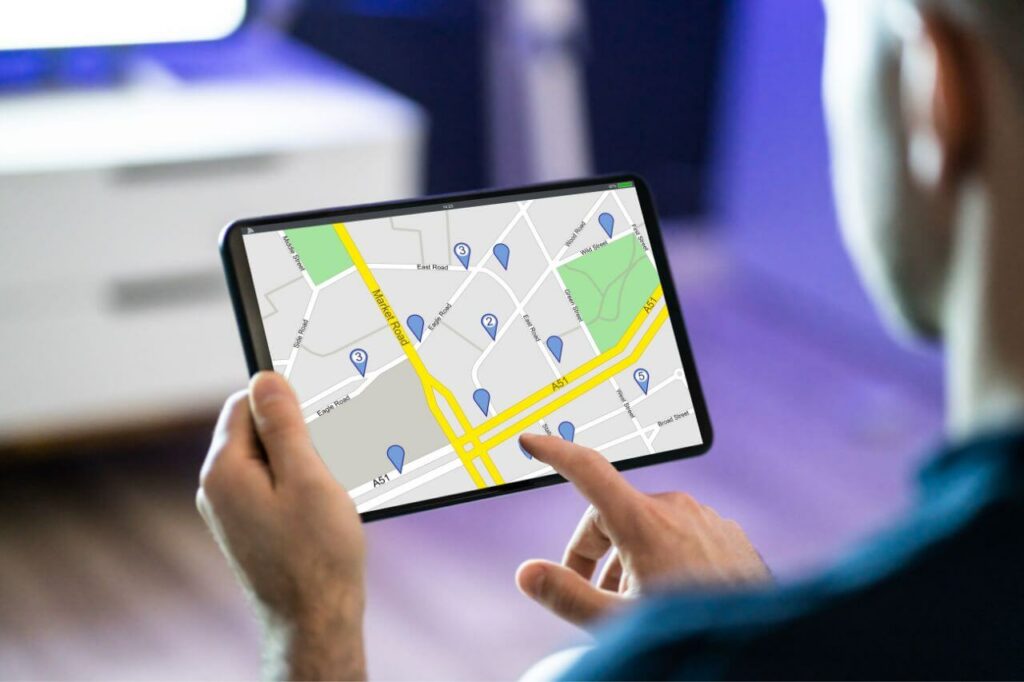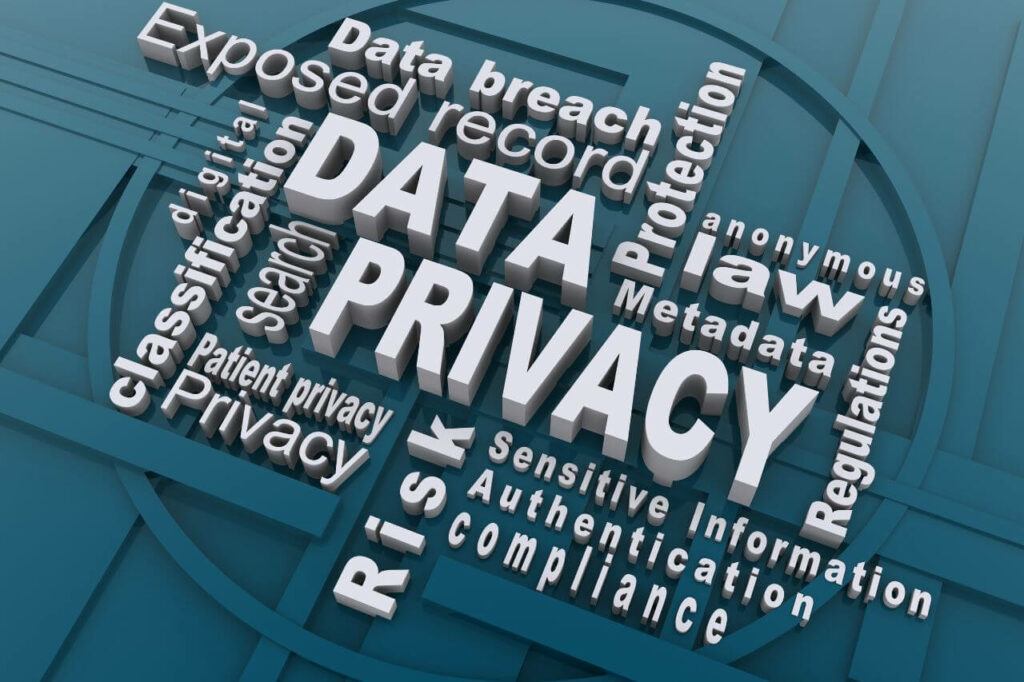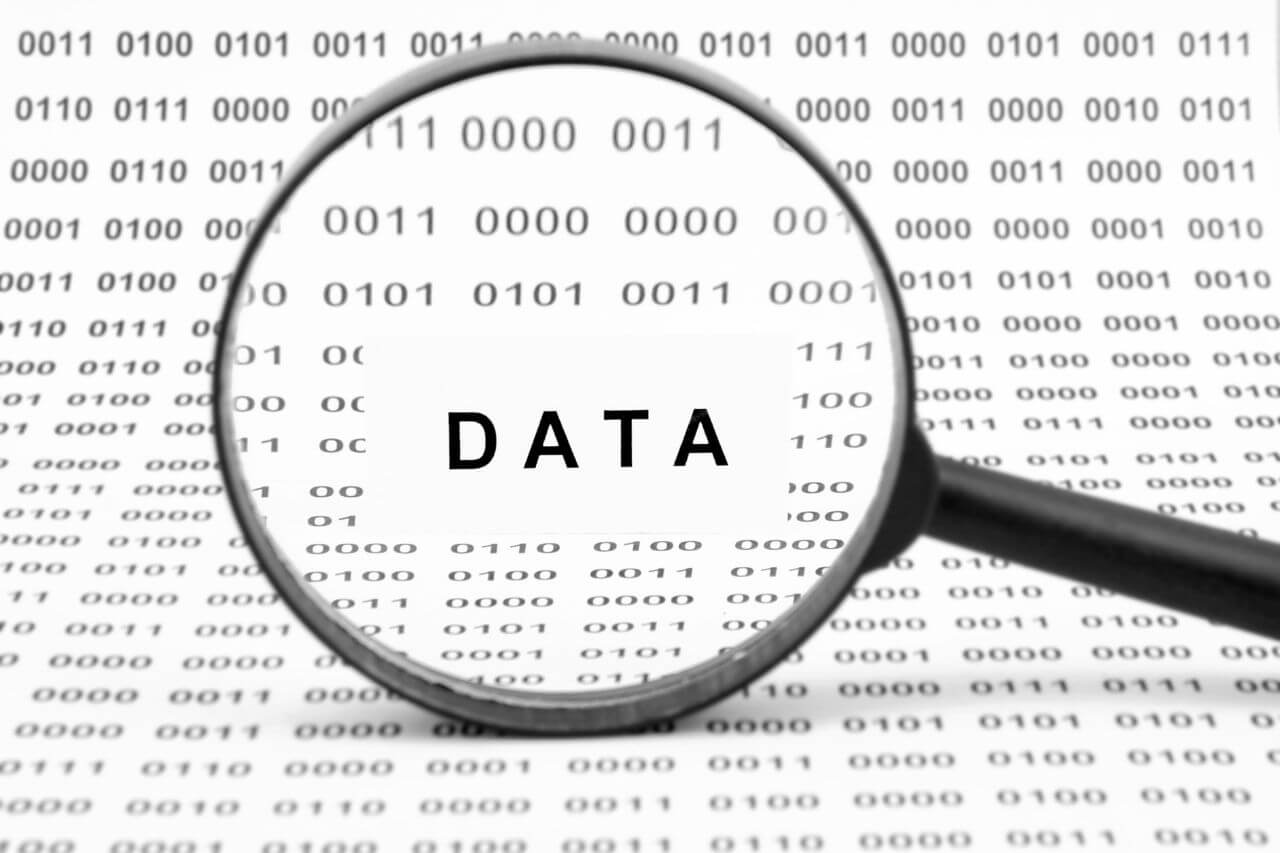For businesses of all sizes, location data management is a critical aspect. It involves the collection, storage, and analysis of data related to the physical locations of customers, employees, and assets.
This data for all intents and purposes is a key component of your business when managed properly.
This blog post explores the concepts of location data and its management, the importance of location data management, and provides an outline of the key considerations for businesses looking to effectively manage their location data.
What is Location Data?
Location data refers to information that is collected about the location of a device or individual with a time identifier.
This type of data can be generated by a variety of sources, including GPS-enabled devices, mobile phones, and IoT sensors.
Location data can be used to understand patterns of movement, optimize business operations, and improve decision-making.
For example, a retail business might use location data to understand foot traffic patterns in its stores, or a logistics company might use location data to optimize delivery routes.
Location data can be collected in a variety of ways, including through GPS tracking, mobile phone data, and IoT sensors.
It is typically stored in a database or cloud-based storage solution, and can be analyzed using tools such as GIS software, spatial data visualization tools, or machine learning algorithms.
It’s important to note that location data can raise privacy concerns, as it can potentially be used to track an individual’s movements.
As a result, it’s important to carefully consider data privacy when collecting and using location data, and to implement measures such as anonymization and obtaining consent where necessary.

Types of Location Data
1. Real-Time Location Data
Real-time location data provides up-to-date information by the second about location by tracking a device’s live movement.
2. Historical Location Data
Historical location data provides detailed reports of a device’s data history from days, weeks, or even months earlier.
3. Deterministic Location Data
Deterministic location data relies on the human behaviour to determine the location.
4. Probabilistic Location Data
This is location data based on past behaviour and probability.

Read Also: A Guide to Local Presence Management
How is Location Data Collected?
Location data can be collected from a variety of sources. Let’s take a closer look at a few of the most common ones:
1. GPS Data
GPS data is probably the most common source of location data. GPS (Global Positioning System) is a satellite-based navigation system that allows you to track the location of something (like a person or an asset) in real-time.
GPS data is typically collected through a device that’s equipped with a GPS receiver, such as a smartphone or a dedicated tracking device.
2. Mobile Device Data
Speaking of smartphones, they can also be a source of location data. Many apps and services collect data on where you are (or where you’ve been) through your device’s location services.
This can be especially useful for businesses that want to target their marketing efforts based on where their customers are located.
Aside GPS and mobile devices, here are plenty of other ways to collect location data too.
For example, you might use RFID (Radio-Frequency Identification) tags to track the location of assets, or you might use beacons to collect data on foot traffic in a store or other location.
There are even companies that use satellite imagery to track the location of vehicles and other assets.
What is Location Data Management?
Location data is important to organizations and businesses for a number of reasons, With location data, organizations can know the locations of their assets, customers, employees, and partners.
Just like every other form of data, location data by itself doesn’t do a lot for you. It is how his data is used and managed that’s of utmost importance.
Location data management is all about keeping track of, organizing, and maintaining the location-based information that your business collects and uses.
It involves everything from storing and organizing data points like addresses and latitude/longitude coordinates, to ensuring that the data is accurate and up-to-date.
One key aspect of location data management is ensuring that you have clear and strict controls in place for how data is collected, stored, and used.
This is especially important when it comes to personal data and sensitive information, as there are often strict laws and regulations governing how such data can be handled.
Another important aspect of location data management is making sure that the data is easily accessible and searchable. This might involve setting up a database or a mapping tool, or simply organizing the data in a clear and logical way.
Effective location data management is all about being organized and having a clear plan in place for how you’ll handle all the location-based information that your business collects and uses.
By staying on top of things and making sure that your data is accurate and up-to-date, you’ll be well-positioned to make the most of all the benefits that location data has to offer.

Importance of Location Data Management for Your Business
In today’s digital age, location data can be used to improve a wide range of business processes, from marketing and sales to logistics and operations.
Management of location data is crucial for businesses of all sizes. It helps you keep track of your assets and employees, tracking performance, compliance with regulations, streamline operations, and make informed decisions.
Having accurate and up-to-date location data is essential for businesses that rely on fieldwork or have multiple locations.
Imagine trying to dispatch a field technician to a customer’s site without knowing their exact location. It would take longer, and the technician might get lost along the way.
On the other hand, with proper location data management, you can optimize routes, reduce fuel costs, and increase productivity.
You can also track the movement and performance of your employees in real-time, which is especially useful for companies in industries like construction or delivery.
But location data management isn’t just about logistics. It can also help you make data-driven decisions about your business.
For example, you can use location data to identify high-performing areas and target your marketing efforts there. Or, you can use it to identify underperforming locations and improve their operations.
In short, location data management is a key component of running a successful business. It helps you stay organized, save time and resources, and make informed decisions.





